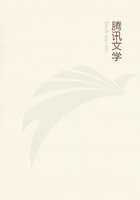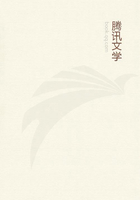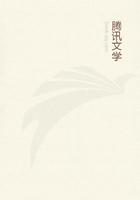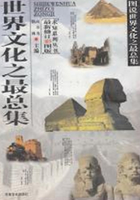A second consequence has regard to the treatment of the older philosophies. Such insight also prevents us from ascribing any blame to the philosophies when we miss determinations in them which were not yet present to their culture, and similarly it prevents our burdening them with deductions and assertions which were neither made nor thought of by them, though they might correctly enough allow themselves to be derived from the thought of such a philosophy. It is necessary to set to work on an historical basis, and to ascribe to Philosophy what is immediately given to us, and that alone. Errors crop up here in most histories of Philosophy, since we may see in them a number of metaphysical propositions ascribed to a philosopher and given out as an historical statement of the views which he has propounded, of which he neither thought nor knew a word, and of which there is not the slightest trace found in history. Thus in Brucker's great History of Philosophy (Pt. I. pp. 465-478 seq.) a list of thirty, forty, or a hundred theorems are quoted from Thales and others, no idea of which can be traced in history as having been present to these philosophers. There are also propositions in support of them and citations taken from discussions of a similar kind with which we may occupy ourselves long enough. Brucker's method is to endow the single theorem of an ancient philosopher with all the consequences and premises which must, according to the idea of the Wolffian Metaphysics, be the premises and conclusions of that theorem, and thus easily to produce a simple, naked fiction as if it were an actual historical fact.
Thus, according to Brucker, Thales said, Ex nihilo fit nihil, since he said that water was eternal.
Thus, too, he was to be counted amongst the philosophers who deny creation out of nothing; and of this, historically at least, Thales was ignorant. Professor Ritter, too, whose history of Ionic Philosophy is carefully written, and who on the whole is cautious not to introduce foreign matter, has very possibly ascribed to Thales more than is found in history. He says (pp. 12, 13), "Hence we must regard the view of nature which we find in Thales as dynamic in principle. He regarded the world as the all-embracing, living animal which has developed from a germ like every other animal, and this germ, like that of all other animals, is either damp or water. Thus the fundamental idea of Thales is that the world is a living whole which has developed from a germ and carries on its life as does an animal, by means of nourishment suitable to its nature" (cf. p. 16). This is quite a different account from that of Aristotle, and none of it is communicated by the ancients regarding Thales. The sequence of thought is evident, but historically it is not justified. We ought not by such deductions to make an ancient philosophy into something quite different from what it originally was.
We are too apt to mould the ancient philosophers into our own forms of thought, but this is just to constitute the progress of development; the difference in times, in culture and in philosophies, depends on whether certain reflections, certain thought determinations, and certain stages in the Notion have come to consciousness, whether a consciousness has been developed to a particular point or not. The history of Philosophy has simply to deal with this development and bringing forth of thought. The determinations involved certainly follow from a proposition, but whether they are put forth as yet or not is quite another thing, and the bringing forth of the inner content is the only matter of importance. We must therefore only make use of the words which are actually literal, for to use further thought determinations which do not yet belong to the consciousness of the philosopher in question, is to carry on development. Thus Aristotle states that Thales has defined the principle (archi) of every thing to be water. But Anaximander first made use of archi, and Thales thus did not possess this determination of thought at all; he recognized arch i as commencement in time, but not as the fundamental principle. Thales did not once introduce the determination of cause into his philosophy, and first cause is a further determination still. There are whole nations which have not this conception at all; indeed it involves a great step forward in development. And seeing that difference in culture on the whole depends on difference in the thought determinations which are manifested, this must be so still more with respect to philosophies.
Now, as in the logical system of thought each of its forms has its own place in which alone it suffices, and this form becomes, by means of ever-progressing development, reduced to a subordinate element, each philosophy is, in the third place, a particular stage in the development of the whole process and has its definite place where it finds its true value and significance. Its special character is really to be conceived of in accordance with this determination, and it is to be considered with respect to this position in order that full justice may be done to it. On this account nothing more must be demanded or expected from it than what it actually gives, and the satisfaction is not to be sought for in it, which can only be found in a fuller development of knowledge. We must not expect to find the questions of our consciousness and the interest of the present world responded to by the ancients; such questions presuppose a certain development in thought. Therefore every philosophy belongs to its own time and is restricted by its own limitations, just because it is the manifestation of a particular stage in development. The individual is the offspring of his people, of his world, whose constitution and attributes are alone manifested in his form; he may spread himself out as he will, he cannot escape out of his time any more than out of his skin, for he belongs to the one universal Mind which is his substance and his own existence.

